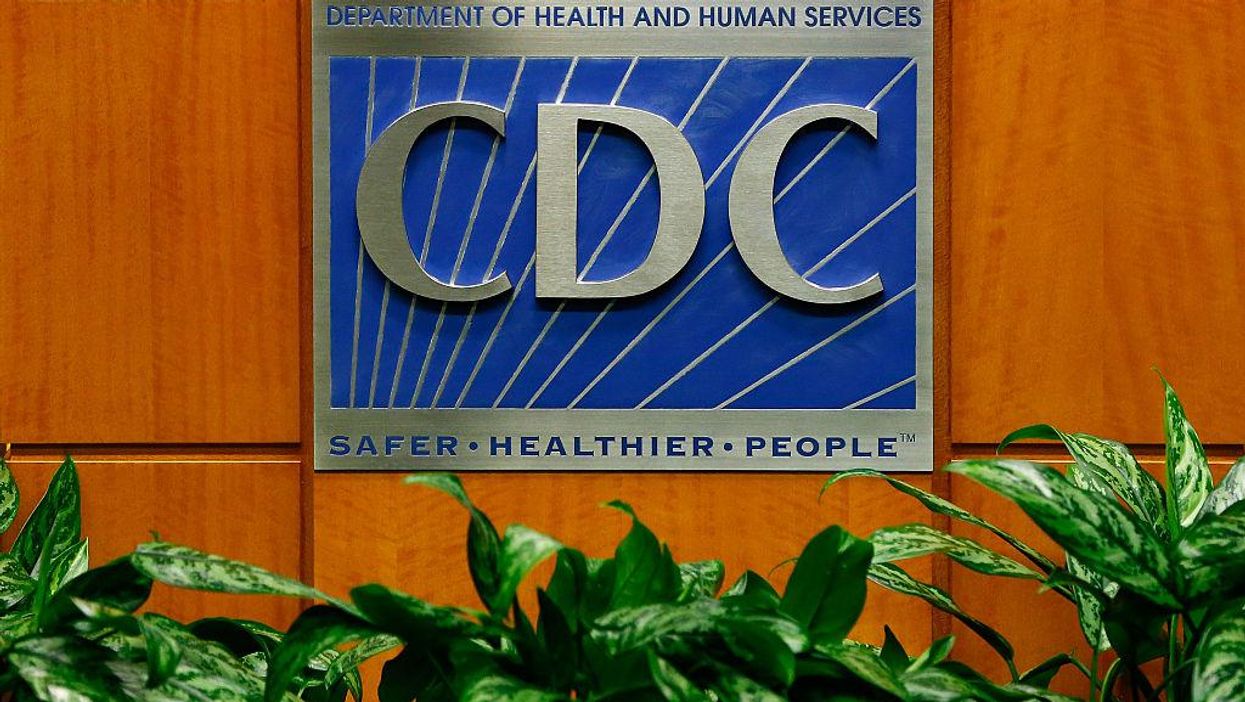
Kevin C. Cox/Getty Images

Health officials possess evidence of an untreatable fungus spreading in several facilities. The "superbug" outbreaks have been reported at a nursing home in the nation's capital and in two Texas hospitals, the Centers for Disease Control and Prevention reported, according to the Associated Press.
Several individuals had infections which were resistant to all three types of antifungal drugs, the outlet said.
"This is really the first time we've started seeing clustering of resistance" in which individuals appeared to be getting the infections from one another, Meghan Lyman of the CDC said, according to the outlet.
"The fungus, Candida auris, is a harmful form of yeast that is considered dangerous to hospital and nursing home patients with serious medical problems. It is most deadly when it enters the bloodstream, heart or brain. Outbreaks in health care facilities have been spurred when the fungus spread through patient contact or on contaminated surfaces," the AP reported.
In 2019, three cases were diagnosed in New York, and they were resistant to echinocandins, a class of medications that's regarded as a last form of defense, according to AP.
The outlet noted that in those instances there was no evidence of spread between patients, and scientists concluded that drug resistance developed amid treatment.
"The new cases did spread, the CDC concluded," according to the AP.
In the nation's capital, a cluster of 101 cases at a nursing home facility involved three that proved to be resistant to all three types of antifungal medications. Two out of 22 instances in two Dallas-area hospitals exhibited that amount of resistance, the AP noted.
These cases were observed from January to April and out of the five individuals who were totally resistant to treatment, three passed away, including the two patients in Texas and one in Washington, D.C.
"Lyman said both are ongoing outbreaks and that additional infections have been identified since April. But those added numbers were not reported," according to the AP.
Investigators examined medical records and uncovered no evidence of prior antifungal utilization among people in those clusters, according to the outlet. Health officials noted that this means there was spread between people, the AP noted.